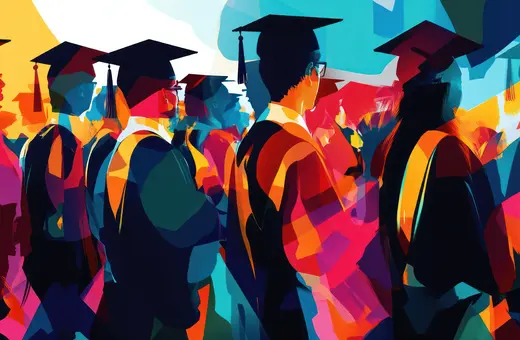Bitcoin is a buzzword and some argue it’s a scam. But with Elon Musk’s Tesla recently investing $1.5 billion into the cryptocurrency and with the Mayor of Miami considering giving city employees the opportunity to get their salaries paid in bitcoin, the cryptocurrency could be about to radically alter our monetary system. One of the unexpected, underappreciated consequences of this move to Bitcoin could be a closing of the wealth gap, writes Bradley Rettler.
Introduction
Global wealth inequality is increasing. Meanwhile government-backed currencies, where most of the poor save their money, are devaluing each year. Poor people lack access to banking, and they can’t get credit. This is at its most extreme in economies in crisis, but is true all over the world. Using Bitcoin can mitigate these problems and level the playing field for the world’s poor as we work toward economic justice.
Owning Cash is a Losing Game
Between 2016 and 2019, the inflation rate of the Venezuelan bolivar was 54,000,000%. Of course, no Venezuelan wants to hold bolivars, because they are worth less each day. For those who do have bolivars in their bank account, banks have strict withdrawal limits. Families use upwards of ten debit cards from different accounts and different banks just to buy groceries. Given the government’s stranglehold on finances, the average person cannot easily acquire other assets. And their bolivars are also often confiscated by police or the military.
This situation is not unique to Venezuela. Many countries’ government-sponsored currencies are rapidly devaluing, including Turkey, Nigeria, Lebanon, Zimbabwe, Argentina, Iran, and South Sudan. The privileged wealthy in those countries have no problem weathering the storm. They've abandoned the ship of local currency for the lifeboats of foreign equities and foreign currency. The poor, by contrast, have no such luxury. They are paid in local currency, pay others in local currency, and save what they can in local currency. They lack the opportunities of the wealthy. Their ships are sinking, but they have no lifeboats.
Using Bitcoin can level the playing field for the world’s poor as we work toward economic justice.
As their currencies devalue, the poor’s share of the country’s wealth decreases because they lack access to safer investments. Making matters worse, many countries have no banking system. For example, 76% of Kenyans don’t have a bank account; they make do, instead, with the M-Pesa payments network via mobile phones. This works well as a medium of exchange, but not for storing value. Should the Kenyan Shilling devalue (beyond its current rate of 5% per year), their options are limited. The wealth gap increases.
This phenomenon isn’t unique to countries with rapidly devaluing currencies – it’s just more noticeable. Almost every government-backed currency is designed to devalue over time. The wealthy store very little of their wealth in cash or cash accounts. The rest of us aren’t so lucky. When we want to save, we save in fiat. And that is a losing play.















Join the conversation